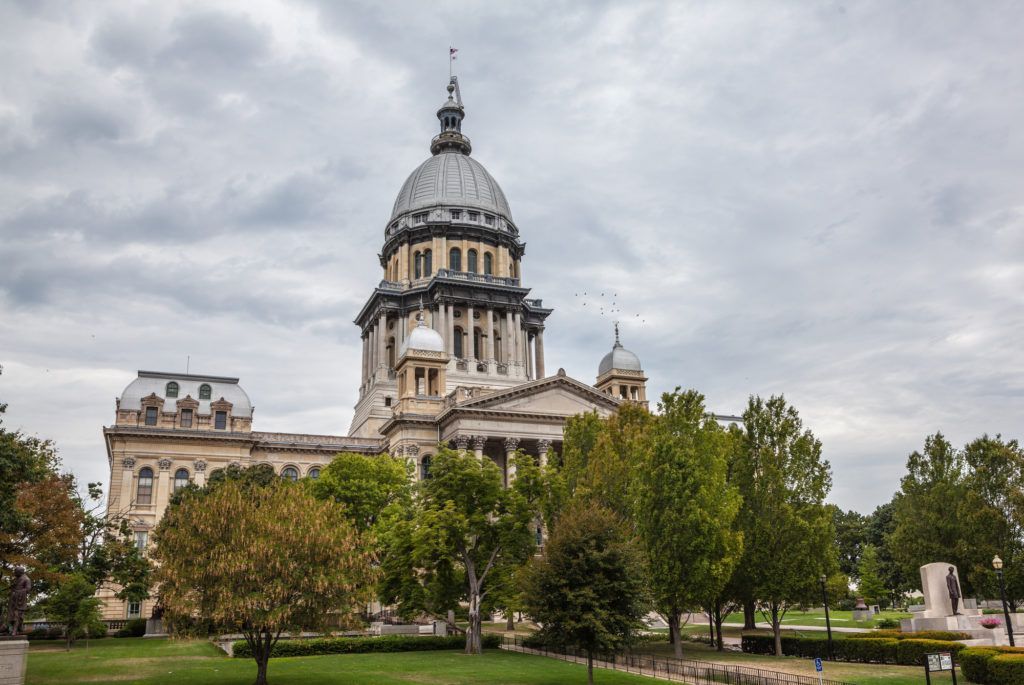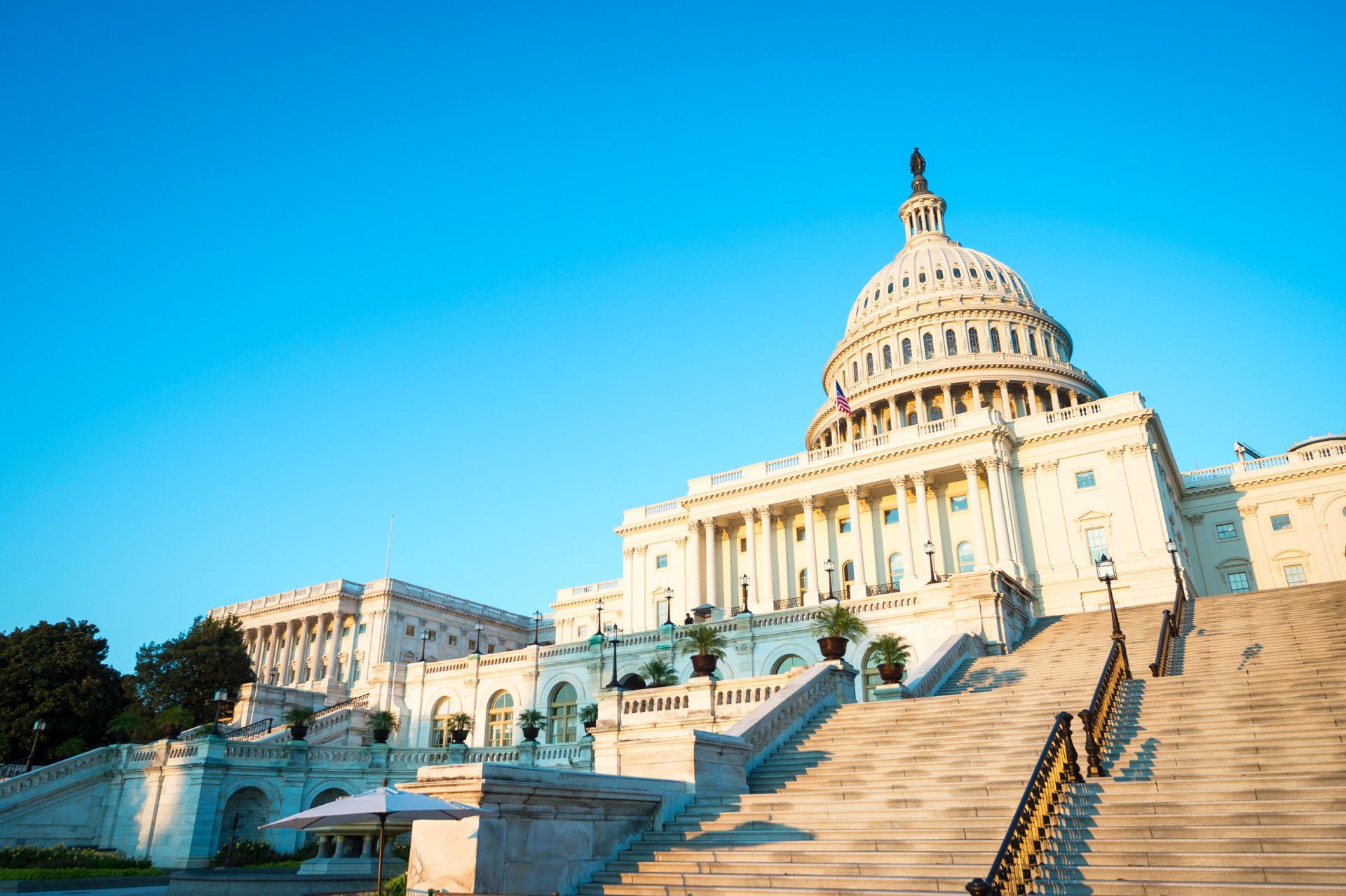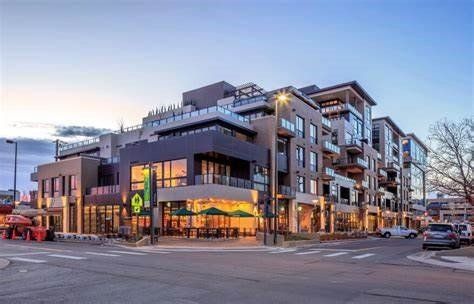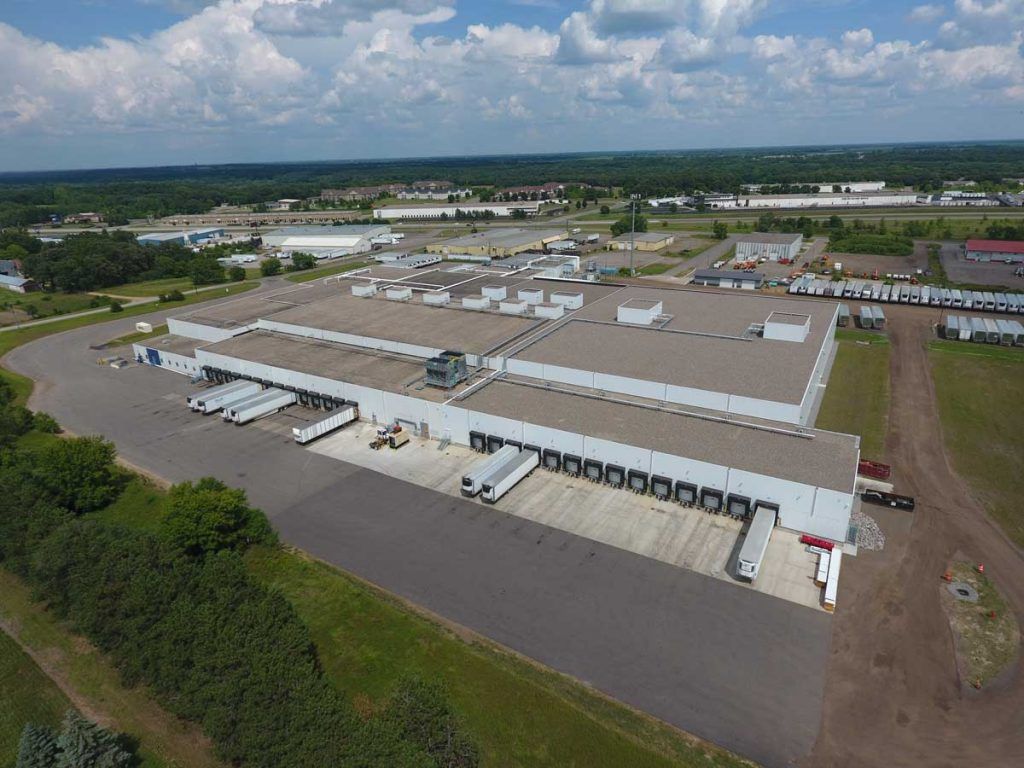
Navigating the Horizon
A Glimpse into the 2024 Commercial Real Estate

As we begin 2024, the commercial real estate landscape is poised for a shift, driven by a confluence of economic factors, technological advancements, and evolving consumer preferences. Investors, developers, and industry stakeholders are keenly watching the horizon, anticipating the trends that will shape the sector in the coming year.
Riding the Waves of Economic Recovery:
The aftermath of global economic challenges has set the stage for a rebound in 2024. The real estate market is expected to benefit from economic growth, rising employment rates, and increased consumer confidence. As businesses regain their footing, demand for commercial spaces may surge, particularly in key urban hubs. A State Street Global Advisor’s article states that “Investors fell victim to the behavioral bias of extrapolation in 2023. After a historically poor 2022, they anticipated an equally bad, and possibly worse new year… Instead, years of easy monetary policy and tremendous fiscal spending supported the economy and led to an unexpected stock market rally, one that investors believe will continue in 2024.”
The Hybrid Work Model’s Impact on Office Spaces:
The national office vacancy rate reached 19.2% in Q3 2023, and according to Moody’s Analytics, there could be opportunities to convert central business districts’ office space into apartments or data centers. The shift towards remote work has led to a reevaluation of office space needs. The hybrid work model, wherein employees split their time between remote and office work, is anticipated to reshape the commercial real estate market.
Tech-Driven Transformations:
In 2024, we can expect a surge in the adoption of proptech solutions, optimizing property management, enhancing tenant experiences, and improving overall operational efficiency. Technology continues to be a driving force behind innovation in the commercial real estate sector. Smart buildings, IoT integration, and data analytics are becoming important components of modern commercial spaces.
Sustainable Development and ESG Priorities:
Environmental, Social, and Governance (ESG) considerations are gaining prominence in the commercial real estate sector. According to a recent Forbes article, more than two-thirds of CEOs globally (69%) have fully embedded environmental, social and governance (ESG) considerations into their business because they see ESG as a means to create value and make their brand more attractive to customers. Investors and tenants are prioritizing sustainable and eco-friendly buildings, with an emphasis on energy efficiency, renewable energy sources, and environmentally conscious design. As climate change concerns intensify, integrating ESG principles into real estate practices appears not to be just a trend, but for many, a necessity.
Retail Reimagined:
In 2024, we may see a reimagining of retail spaces, with a focus on experiential offerings, entertainment, and community engagement. Adaptive reuse of existing retail spaces may become more prevalent as developers seek innovative solutions to revive and repurpose underutilized assets. According to JP Morgan, “Retail will emerge as the stalwart in 2024,” and it is “expected to experience steady performance, with unchanging vacancy rates and moderately positive rent growth for neighborhood and community shopping centers.”
Conclusion:
The recovery from economic challenges, coupled with technological advancements, is paving the way for this year’s trends in real estate. Navigating these potential changes requires a willingness to adapt to the evolving needs of tenants and investors. The 2024 commercial real estate outlook is characterized by opportunities born out of challenges, and those who embrace change are likely to thrive in this dynamic and ever-evolving industry.
Shapiro & Associates is a real estate and commercial litigation law firm representing real estate developers, small businesses, individuals and local governmental entities throughout Illinois and the Chicago area in practice areas of land use, litigation, and local government law. For questions, please feel free to contact us at info@shapiroassociateslaw.com.

CONTACT US TODAY
Contact Us
We will get back to you as soon as possible.
Please try again later.
LOCATION
570 Lake Cook Road, Unit 119
Deerfield, IL 60015
Shapiro & Associates Law | All Rights Reserved |
Created by Olive + Ash.
Managed by Olive Street Design.









